Christine Lagarde announces IMF candidacy
- Published
Christine Lagarde: "As a woman I bring a new dimension"
Christine Lagarde has announced her candidacy to be the next head of the International Monetary Fund (IMF).
The French finance minister had been an early favourite to replace Dominique Strauss-Kahn, who resigned last week to fight sex assault charges in New York.
Ms Lagarde has the support of much of Europe but emerging countries have called the tradition of a European always leading the IMF "obsolete".
All 10 of the IMF's managing directors since its inception have been European.
"If elected, I will give the IMF all my experience as a lawyer, a director of enterprise, a minister and a woman," Ms Lagarde told a news conference in Paris.
If chosen, she would be the first woman to head the IMF in its 65-year history.
The 24 members of the IMF's executive board will elect the next chief.
Under a long-standing agreement, the top job at the IMF goes to a European while an American leads its sister organisation, the World Bank.
'Good debate'
European diplomats have spoken favourably of Ms Lagarde's candidacy.
European Commission chief Jose Manuel Barroso said Ms Lagarde had the "indispensable qualities to ensure the IMF's mission and its vital contribution to international economic stability".
Many European countries are especially keen to retain the post at a time when the IMF is deeply involved in the eurozone's debt crisis, with programmes for Greece, Ireland and Portugal.
Ms Lagarde said she had the full support of both French President Nicolas Sarkozy and Prime Minister Francois Fillon.
She stressed she was not leaving her post in the French government, merely announcing that she was running for the IMF job.
"There are other candidates and I am looking forward to a very good debate between us," she said.
So far, the only other official candidate is Agustin Carstens, the head of Mexico's central bank, after the Mexican finance ministry said on Monday that it would nominate him.
On Wednesday, US Treasury Secretary Timothy Geithner said both Ms Lagarde and Mr Carstens were "credible" candidates.
"They're very talented people. Christine Lagarde is an exceptionally capable person, and excellent mix of financial and economic knowledge, talent, and the kind of political skills you need. Agustin has that as well."
"We want to see a process where we look to the candidate who can command the broadest support."
Canadian Finance Minister Jim Flaherty also praised the two "highly qualified" candidates.
Other names in the frame include Germany's former banking chief, Axel Weber, and former South African finance minister Trevor Manuel.
European vs. non-European?
As well as being widely backed in Europe, Ms Lagarde is expected to receive the support of the US.
But Ms Lagarde said: "Being a European should not be a plus; it should not be a minus either."
On Tuesday, the French government also said that China would support Ms Lagarde's candidacy, although Beijing declined to comment.
And later on Tuesday, the so-called Brics countries - which includes China, as well as Brazil, Russia, India and South Africa - released a statement expressing concern at comments from senior Europeans that the IMF should continue to be led by a European.
But on Wednesday, Brazil's Finance Minister Guido Mantega said he welcomed competition for the top job.
According to Reuters, he said his country would seek commitments to bolster the role of emerging markets within the international institution.
In France, Ms Lagarde is involved in a legal row about her decision to settle a dispute between the state and tycoon Bernard Tapie, a personal friend of President Sarkozy.
Commenting on the judicial investigation currently taking place, Ms Lagarde said: "I have every confidence in the procedure because my conscience is at ease."
Ms Lagarde also paid tribute to the work done by Mr Strauss-Kahn.
"The IMF has taken up the challenges of the [financial] crisis thanks to the actions of the director general Dominique Strauss-Kahn and to his team as well."
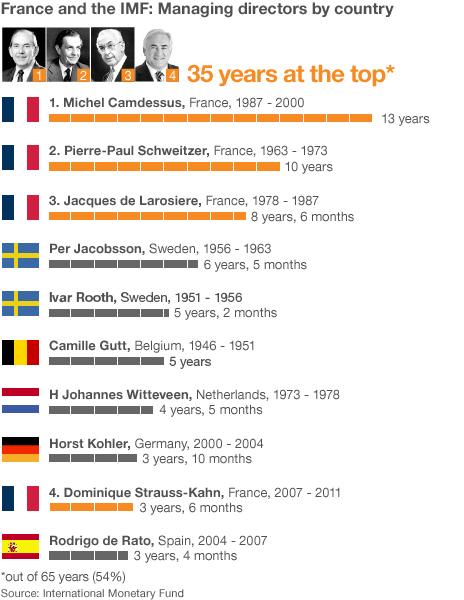
- Published19 December 2016
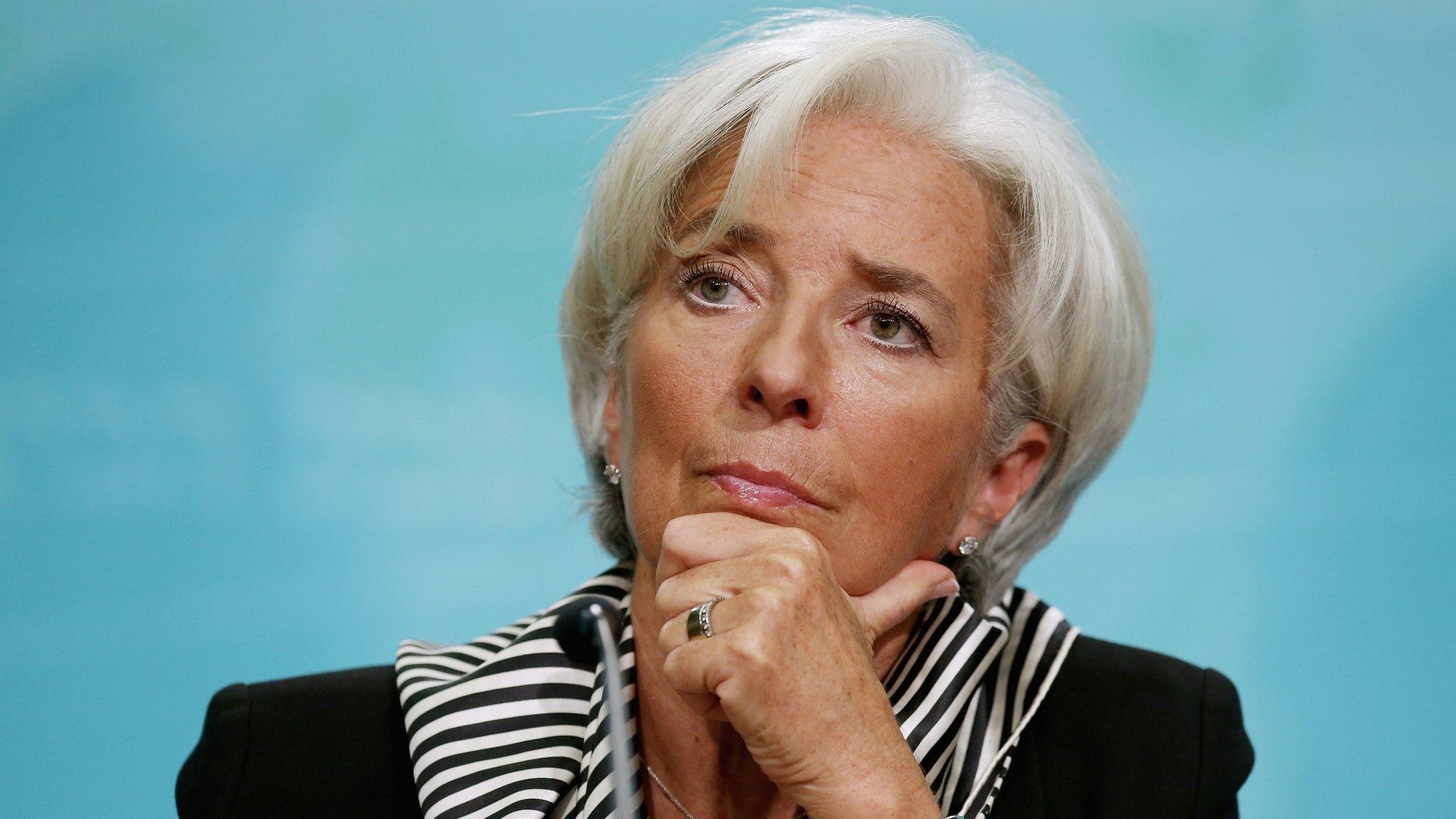
- Published10 June 2011
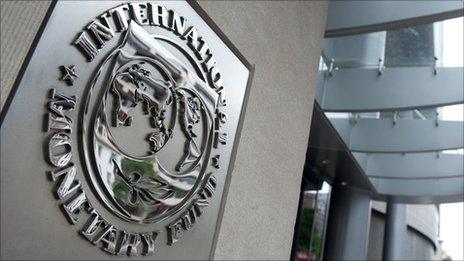
- Published25 May 2011
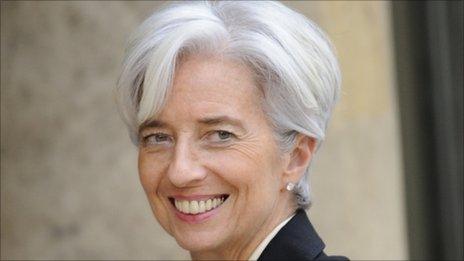
- Published23 May 2011
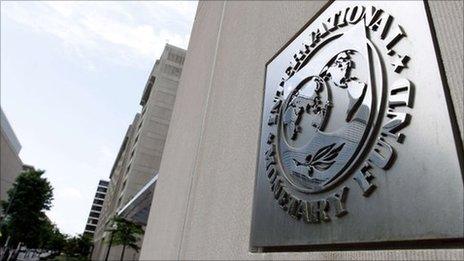
- Published22 May 2011
